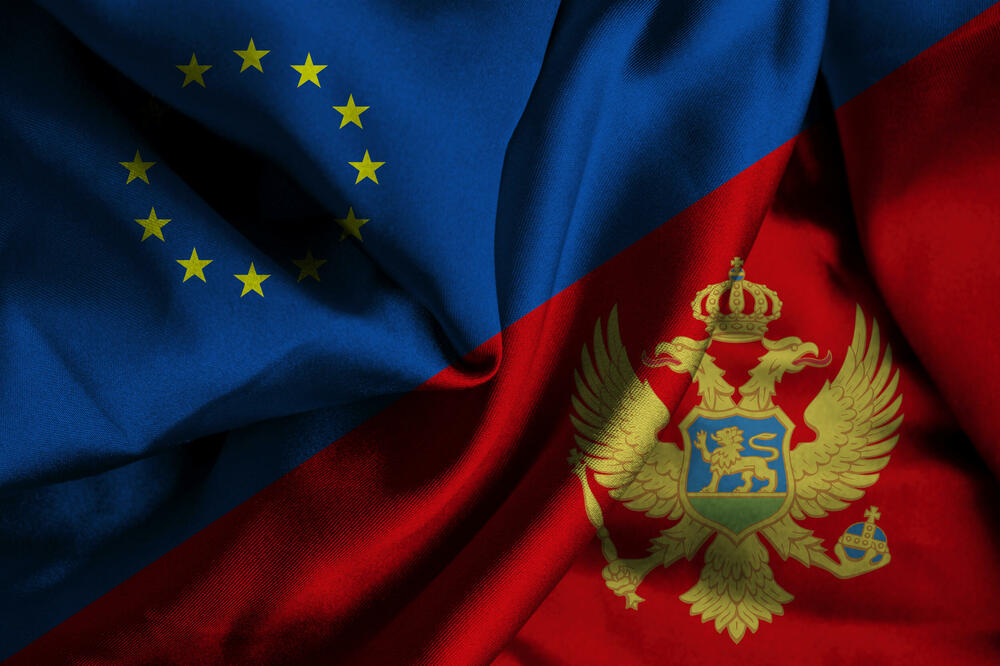Montenegro, a small country in the western Balkans, has been on a decade-long journey towards EU membership. It has made progress, achieving candidate status and starting accession negotiations. Understanding Montenegro's path to EU membership is crucial to grasp the complexities and opportunities ahead. In this blog, we will explore Montenegro's journey, EU programs, public opinion, negotiation intricacies, foreign relations, economic interplay, travel aspects, and more. Discover the significance of Montenegro's EU relationship and its implications for the future.
Montenegro's Journey Toward the EU
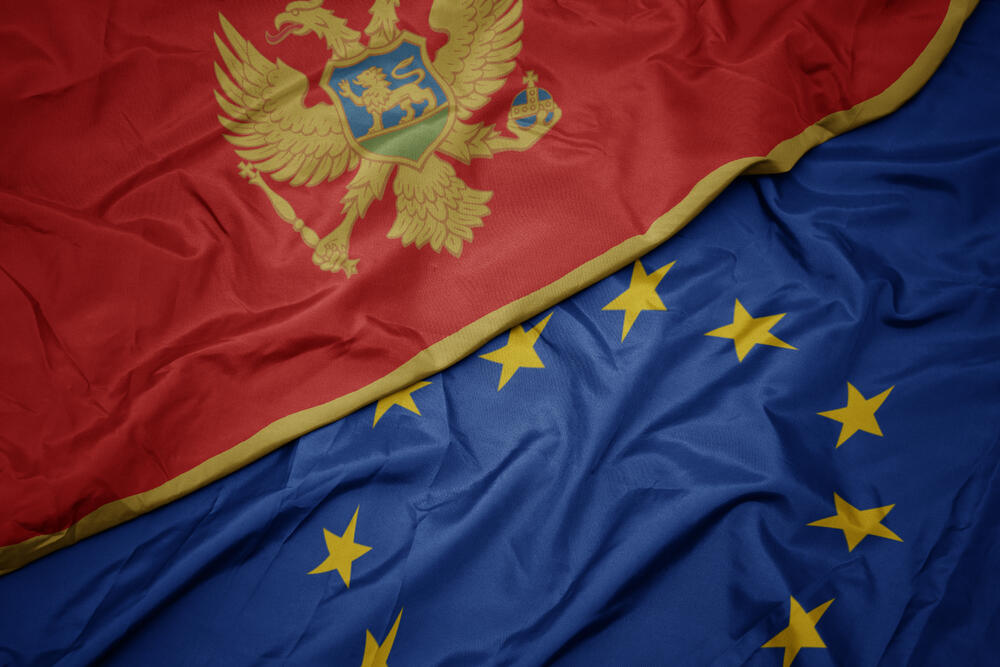
Montenegro's journey towards EU membership began in 2006 when it gained independence from Serbia. Since then, it has made progress, moving through various stages of the accession process. Attaining potential candidate status was a crucial milestone that demonstrated Montenegro's commitment to European integration. This paved the way for deeper engagement in the enlargement process, with the EU closely monitoring progress and supporting reforms. Achieving candidate status in 2010 was another significant step forward, reflecting Montenegro's advancements in meeting accession criteria. The accession of Montenegro to the EU is a top priority on the agenda for future enlargement. In December 2010, Montenegro was recognized as a beitrittskandidaten, and negotiations officially began in June 2012.
Initial Steps: Potential Candidate Status
Montenegro applied for EU membership in 2008, showing its commitment to European integration. The European Commission recognized Montenegro's efforts and granted it potential candidate status. This positioned Montenegro alongside other Western Balkan countries aspiring to join the EU. Obtaining potential candidate status allowed Montenegro to deepen its engagement in the enlargement process and undertake essential reforms to align with EU standards, solidifying its path towards membership.
Progression to Candidate Status
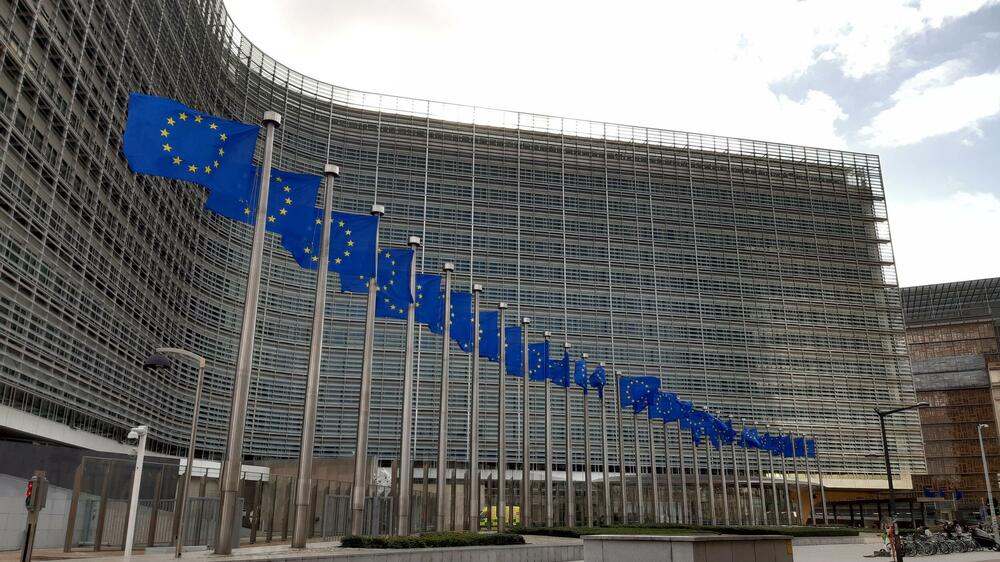
Montenegro's progression from potential candidate to candidate status in 2010 was a significant leap in the country's EU accession process. The European Council, a key decision-making institution of the EU, rendered a favorable opinion on Montenegro's membership application, further bolstering the country's aspirations for EU integration. The attainment of candidate status marked an important milestone, bringing Montenegro closer to the enlargement process. It underscored the progress the country had made in aligning its legislation, institutions, and policies with EU standards. Moreover, candidate status reflected the EU's recognition of Montenegro's efforts to meet the requirements for membership.
Application for Membership
Montenegro has applied for EU membership, showcasing its commitment to European integration. The European Commission has commenced accession negotiations, evaluating Montenegro's readiness for membership. These negotiations involve policy reforms and alignment with the EU's framework. Montenegro's government highlights the transformative impact of EU accession on socio-economic development, reinforcing their determination to undertake necessary reforms with support from Ursula von der Leyen, the chief of the EU Commission.
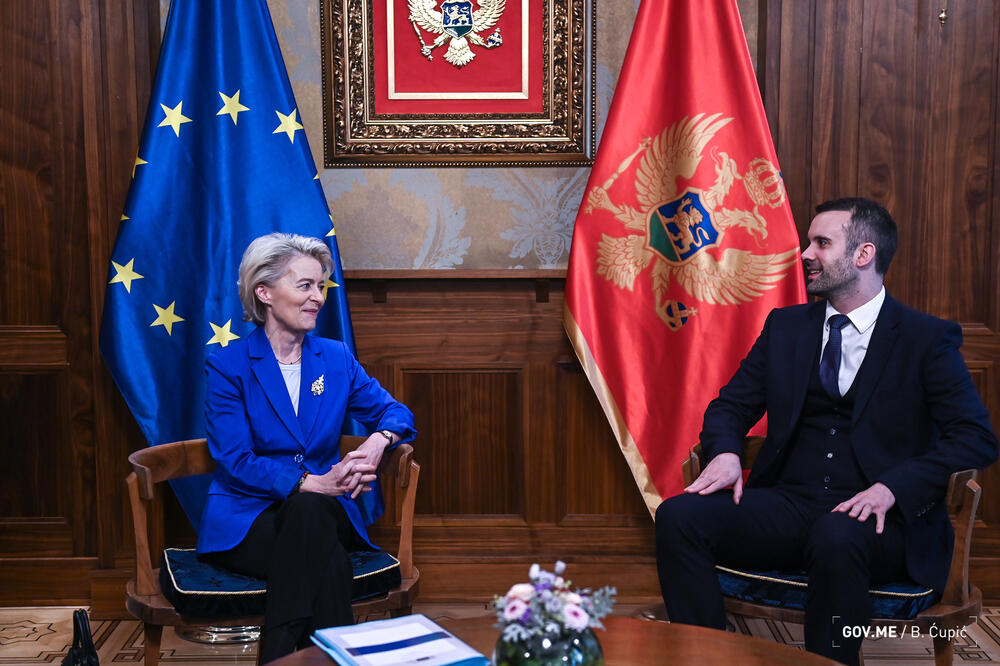
Understanding EU-Montenegro Treaties
Two key treaties have played a significant role in shaping the relationship between the EU and Montenegro - the Stabilization and Association Agreement (SAA) and the Association Agreement. The SAA, signed in 2007, serves as a framework for Montenegro's collaboration and integration with the EU. It promotes political, economic, and institutional cooperation, facilitating the process of European integration for the country. The Association Agreement, which Montenegro signed in 2018, provides an updated and reinforced legal framework for the relationship, further advancing the country's integration process. These agreements have paved the way for closer collaboration, alignment of institutions, and enhanced economic integration between Montenegro and the EU.
Stabilisation and Association Agreement Insights
The Stabilization and Association Agreement (SAA) has been instrumental in fostering Montenegro's European integration process. The SAA, an agreement between the EU and Montenegro, aims to promote political, economic, and institutional cooperation, aligning the country with EU standards and norms. By implementing the provisions of the SAA, Montenegro has demonstrated its commitment to reform, modernization, and good governance. The agreement has facilitated greater economic integration, boosting trade and investment flows between Montenegro and the EU. Additionally, the SAA has contributed to the development of a customs union, streamlining trade relations and ensuring the harmonization of customs procedures, further enhancing the economic interplay between Montenegro and the EU.
Role of EU Programs in Montenegro
Montenegro has actively engaged with various EU programs, reaping the benefits of financial, technical, and capacity-building assistance. These programs have played a crucial role in supporting the country's European integration process. Through the provision of financial aid, the EU has helped Montenegro strengthen its administrative capacity, implement reform measures, and meet the requirements for EU membership. The EU's technical support has enabled Montenegro to align its legislation and policies with the EU acquis, facilitating the integration process. Moreover, participation in EU programs, such as Horizon 2020, Erasmus+, and the Instrument for Pre-accession Assistance, has enabled Montenegrin stakeholders to engage in knowledge exchange, skills development, and best practice sharing, fostering the country's integration into the European framework. As of November 2023, Montenegro has been granted access to the EU4Health program, which aims to improve the health and well-being of EU citizens. This program will provide Montenegro with additional resources and support to enhance its healthcare system and promote public health.
Montenegrin Public Opinion on the EU
Public opinion in Montenegro overwhelmingly supports the country's aspirations for EU membership. Numerous opinion polls have reflected the strong backing of Montenegro's citizens for EU integration, recognizing the socio-economic benefits and the increased geopolitical influence that membership would bring. The public discourse surrounding EU accession has emphasized the positive impact on the country's development, highlighting the transformative potential of the integration process. Montenegro's citizens see EU accession as an opportunity to enhance living standards, economic growth, and global connectivity. This growing public sentiment aligns with the government's strategic vision, emphasizing the importance of EU membership for the country's sustained progress, stability, and prosperity.
Intricacies of EU-Montenegro Negotiations
Montenegro's accession negotiations with the EU have been complex, encompassing a wide range of policy areas. These negotiations are fundamental to the evaluation of Montenegro's alignment with the EU's political, economic, and legal framework. They require comprehensive reforms, particularly in the areas of the rule of law, fundamental rights, the judiciary, and the fight against corruption and organized crime. Montenegro's negotiations with the EU entail meticulous attention to detail, ensuring the harmonization of legislation and the adoption of policies compatible with EU standards. The revised enlargement methodology, adopted by the EU in October 2020, emphasizes the need for credibility, predictability, and a stronger focus on fundamental reforms. Through these negotiations, Montenegro is demonstrating its commitment to the EU accession process and the thorough implementation of the necessary reforms, key prerequisites for membership and future accession talks.
Economic Interplay Between Montenegro and the EU
Montenegro's integration into the EU brings forth significant economic implications, shaping the interplay between the country and the union. The EU has been a crucial partner for Montenegro, providing development aid, trade opportunities, and access to the European market. Development assistance programs, funded by the EU, have been pivotal in supporting the socioeconomic progress of Montenegro, strengthening institutions, and improving living standards. Furthermore, the EU's commitment to the development and convergence of Montenegro's economy has fostered economic interdependence, contributing to the country's sustainable growth and prosperity. The economic integration between Montenegro and the EU is a mutually beneficial process, generating opportunities for trade, investment, and collaboration, while also promoting economic stability in the region.
Overview of Development Aid from the EU
The European Union has been a key contributor to Montenegro's development, providing significant development aid to support the country's progress. This aid aims to strengthen institutions, improve living standards, enhance infrastructure, and promote sustainable socio-economic growth. The EU's assistance programs have played a crucial role in facilitating the implementation of reform measures, aligning Montenegro with EU standards, and harmonizing legislation. Additionally, the development aid from the EU has helped Montenegro improve the governance framework, bolster the rule of law, and address social and economic disparities. This support has been instrumental in the country's integration process with Europe and has contributed to the transformation of Montenegro's economy, society, and institutions.
Impact of Unilateral Euro Adoption in Montenegro
Montenegro's unilateral adoption of the euro as its official currency has had a significant impact on the country's economic stability and trade relations. The euro adoption has provided numerous benefits, including easier financial transactions, reduced exchange rate risks for businesses, and increased investor confidence. By aligning its currency with the euro, Montenegro has fostered closer economic integration with the EU, simplifying trade and financial interactions. Unilateral euro adoption has also enhanced monetary policy credibility, promoting price stability and facilitating the process of doing business in Montenegro. Furthermore, the adoption of the euro has streamlined the country's economic activities, contributed to the attraction of foreign investments, and facilitated its integration into the European and global economic systems.
Montenegro-EU Travel Aspects
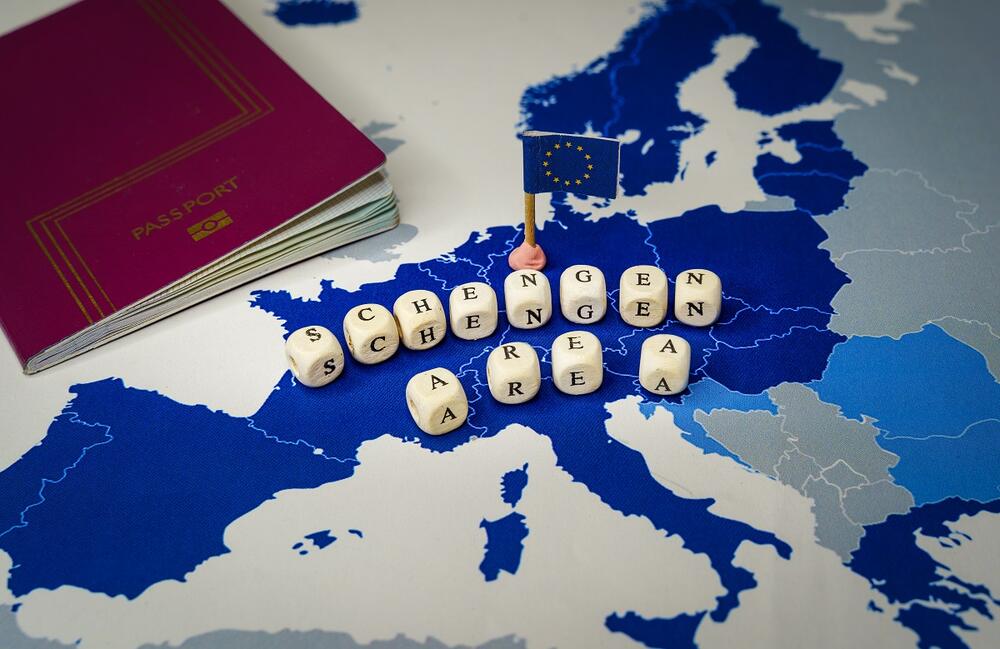
Travel between Montenegro and the European Union is facilitated by various agreements, including the Schengen Visa facilitation process. Montenegrin citizens enjoy visa-free travel to Schengen countries for short stays, enhancing mobility and fostering closer people-to-people contacts. The agreement streamlines the visa application process for Montenegrin citizens, reducing the administrative burden associated with travel to the EU. Montenegro's association agreement with the EU also promotes visa facilitation, simplifying the process for different categories of travelers. These travel facilitation measures contribute to the strengthening of Montenegro's connectivity with the EU, facilitating tourism, business, and cultural exchanges between the country and the EU member states.
Understanding the Schengen Visa Liberalisation Process
The Schengen Visa Liberalisation process has been a significant development for travel between Montenegro and the European Union. This process involves meeting specific criteria and implementing necessary reforms to enhance border security, document security, and law enforcement cooperation. Montenegro's progress in the visa liberalization process signifies its commitment to align with EU standards and facilitate the movement of people between the country and the EU. Achieving visa liberalization benchmarks showcases Montenegro's closer integration with the EU and the alignment of its migration policies. The visa facilitation agreement, as part of the visa liberalization process, promotes easier, faster, and more convenient travel for Montenegrin citizens, fostering a stronger relationship between Montenegro and the EU.
Montenegro's Foreign Relations with EU Member States
Montenegro's diplomatic relations with EU member states play a crucial role in promoting political dialogue, cooperation, and collaboration. The country actively engages with individual member states, establishing strong bilateral relations that contribute to the exchange of best practices, expertise, and experiences. These collaborative efforts extend beyond the political realm, promoting economic, cultural, and educational ties between Montenegro and EU member states. The cooperative engagements enhance opportunities for joint projects, investments, and knowledge sharing, contributing to the development of mutually beneficial partnerships. Montenegro's foreign relations with EU member states serve as key catalysts for progress, playing a pivotal role in the country's integration process and fostering closer ties with the EU as a whole.
Key Milestones in Montenegro-EU Relations
Montenegro's journey towards EU integration has been marked by several key milestones, signifying progress and achievements in the country's relationship with the EU. The attainment of candidate status, the opening of accession negotiations, and the signing of the Stabilization and Association Agreement (SAA) represent pivotal moments in the integration process. These milestones demonstrate the EU's recognition of Montenegro's reform efforts, the alignment of the country's legislation with EU standards, and the commitment to the principles of good governance, the rule of law, and fundamental rights. Montenegro continues to strive towards further milestones, making steady progress in its integration journey, solidifying its position as a committed candidate country for EU membership.
Current State of Relations
The current state of relations between Montenegro and the EU is characterized by continued cooperation, dialogue, and mutual engagement. Montenegro, a small NATO member, remains steadfast in its commitment to European integration and the accession process. The EU acknowledges the country's progress as a candidate for membership, recognizing the achievements and reform efforts undertaken by Montenegro.
Living, Working, and Visiting Montenegro as an EU Citizen
EU citizens enjoy several rights and benefits when it comes to living, working, and visiting Montenegro. As a member of the European Union, Montenegro grants EU citizens the right to reside, work, and establish businesses within its borders. This enables EU citizens to explore employment opportunities, establish companies, and contribute to the country's economy. EU citizens visiting Montenegro can enjoy visa-free entry for short-term stays, facilitating tourism, cultural exchanges, and business interactions. They can also benefit from the ease of doing business, robust consumer protection laws, and access to quality healthcare and education. Furthermore, EU citizens can appreciate the rich cultural heritage, picturesque landscapes, and diverse natural attractions that Montenegro offers. Living, working, or visiting Montenegro provides EU citizens with new experiences, opportunities, and the chance to be part of a thriving country on the path to further integration with the European Union.
What Should Potential Visitors Know About Montenegro's EU Status?
Montenegro's candidate status for EU membership provides potential visitors with certain advantages and considerations. As a candidate country, Montenegro's EU integration process signifies the country's commitment to European values, good governance, and the rule of law. The EU candidate status bolsters Montenegro's appeal as a tourist destination, as it assures potential visitors of the country's efforts to align its regulations, consumer rights, and safety standards with EU norms. Additionally, the visa facilitation agreement between Montenegro and the EU simplifies the visa application process, providing facilitated visa procedures for various categories of travelers. Visitors to Montenegro can enjoy the benefits of Montenegro's EU candidate status, including the harmonization of local regulations with EU norms, making their visit safe, convenient, and culturally enriching.
In conclusion, Montenegro's journey towards EU membership has been a significant and complex process. The country has made progress, moving from potential candidate status to applying for membership, but has significantly slowed down since 2017. The EU-Montenegro treaties, particularly the Stabilisation and Association Agreement, have played a crucial role in shaping the relationship between Montenegro and the EU. Montenegro has also benefited from various EU programs and development aid. However, there are still intricacies and negotiations that need to be addressed. Despite this, Montenegro's foreign relations with EU member states continue to evolve, and the economic interplay between Montenegro and the EU is substantial. For EU citizens interested in living, working, or visiting Montenegro, it is important to understand the country's EU status and the Schengen visa liberalization process. Overall, Montenegro's journey towards EU integration is an ongoing and dynamic process with many aspects to consider.
Bonus video:



